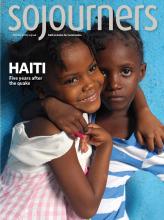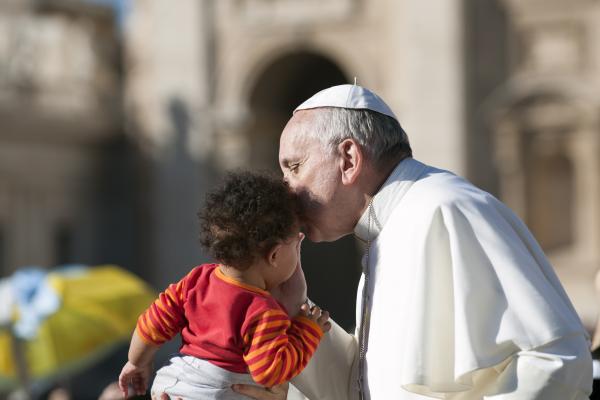JOURNALIST Elisabetta Piqué was reporting for Argentina’s La Nacion from a conflict zone in Gaza when her phone rang. On the line was her friend, Padre Jorge. He knew Piqué, a war correspondent, was somewhere bombs were falling. He wanted to pray with her.
Piqué had known Argentina’s Catholic Cardinal Jorge Bergoglio since 2001. “He knew me first as a war correspondent,” Piqué told me when we met on a warm October afternoon in the courtyard of Hotel Helix in Washington, D.C. An affectionate friendship developed. Bergoglio even baptized her two children. Her new book, Pope Francis: Life and Revolution, investigates the history, passions, mistakes, humility, courage, and spiritual maturity of the man her friend has become.
In the rush to publish biographies of the new pope, some (see Paul Vallely’s Pope Francis: Untying the Knots) tout Bergoglio’s conversion from careful, benevolent, autocrat to radical, somewhat careless, lover of the poor. Piqué categorically challenges this portrayal. “He is a person who has been consistent all his life,” she says, “not somebody that suddenly became like that now. The theories that he had a conversion are totally nonsense and without any basis. He was always a sensitive person toward suffering.”
Read the Full Article

